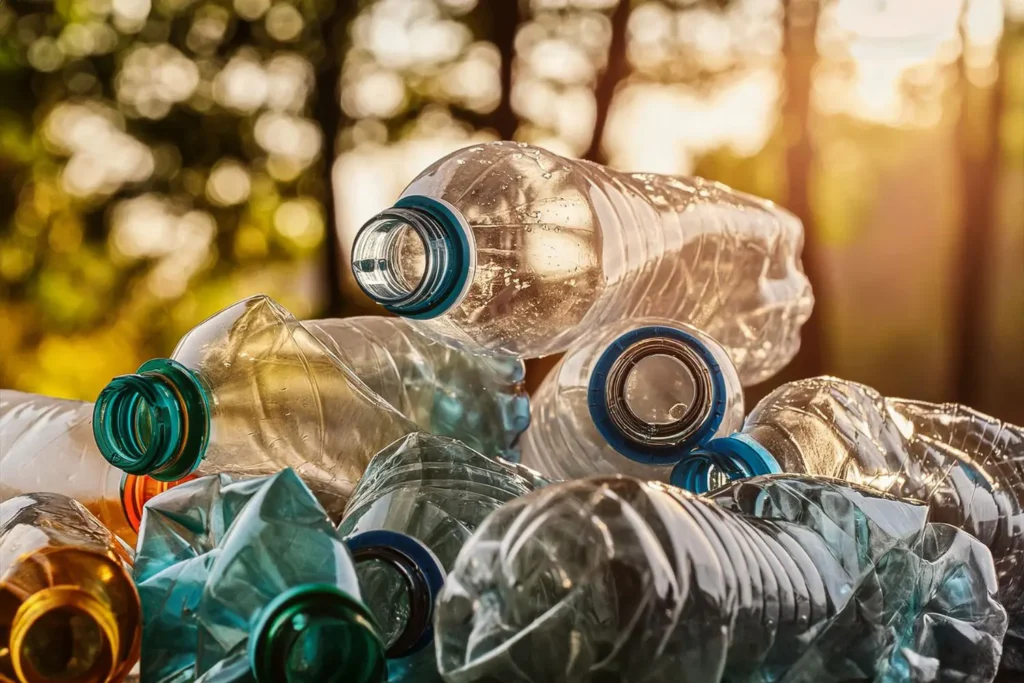The Government of Kenya has been urged to set ambitious refill and reuse targets to help cut down damaging single-use plastics and transition toward sustainable packaging systems that protect the environment while creating economic opportunities.
Hellen Kahaso Dena, project lead at Pan African Plastics Project at Greenpeace Africa, said on Friday, November 14 at the launch of “Refill and Reuse” festival at the National Museums of Kenya that enhancing refill and reuse models has the potential to create jobs while reducing the hidden costs of plastic pollution that burden governments and taxpayers.
“Refill and reuse systems are not new to Africa. They are rooted in our culture and have existed since time immemorial. What is new is the invasion of single-use plastics pushed by corporations prioritising profit over people and planet,” Dena said, adding that it is time governments invested in refill infrastructure and set clear targets that make reuse the norm, not the exception.
“Throwaway culture is expensive. Countries spend billions of dollars to clean up drainage systems, build incinerators, clean rivers, and cover health expenses linked to plastic pollution,” Dena explains.
Organisers of the two-day festival under the theme, theme “Experience, Refill, Reuse: A Sustainable Lifestyle for All”, say it is designed to make sustainability accessible and engaging, demonstrating that alternatives to throwaway plastic culture are practical, affordable, and aligned with African values of community and resourcefulness.
Gerance Mutwol is a “plastics campaigner at Greenpeace Africa, who believes that recycling is a distraction that allows corporations to keep producing more plastic while shifting responsibility to consumers and governments.
“Plastics persist in the environment throughout their lifecycle, leaching harmful chemicals into our soil, water, and bodies… Refill and reuse systems prevent plastic pollution at the source. They conserve resources, create jobs, and protect public health. This is an environmental imperative and economic opportunity that governments can no longer ignore,” says Mutwol.
The festival brings together local communities, civil society organisations, policymakers, manufacturers, and innovators to showcase refill and reuse options available in Kenya while creating space for policy discussions on the opportunities and challenges of mainstreaming sustainable alternatives to single-use plastics.
Families, schools, artists, and innovators are invited to engage with hands-on refill stations, zero-waste exhibitions, and children’s upcycling art competitions. The 2nd day will feature live music performances, poetry sessions, storytelling circles, and an interactive refill challenge with prizes for participants.
Admission to the festival taking place from Friday November 14, to Saturday, November 15, is free.


